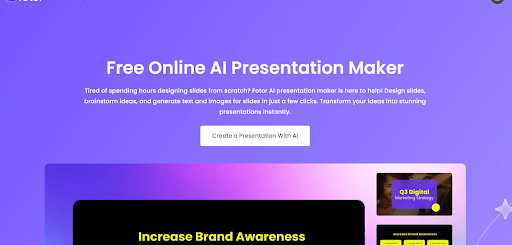The Future of Web Development with React.js: A Global Perspective
In the fast-paced world of web development, frameworks, and libraries have become critical to creating dynamic and efficient applications. React.js, developed by Facebook, is one such library that has significantly impacted the way developers build user interfaces. With its component-based architecture, virtual DOM, and robust ecosystem, React.js stands as a preferred choice for businesses worldwide. This blog delves into the trends, benefits, and statistics surrounding React.js web development, illustrating why it is a game-changer for modern web solutions.
Understanding React.js: A Brief Overview
React.js is an open-source JavaScript library primarily used for building user interfaces. Its main advantage lies in its flexibility, allowing developers to create reusable components that enhance code efficiency and scalability. Since its release in 2013, React.js has gained immense popularity among startups and tech giants alike. Companies such as Netflix, Airbnb, and Instagram rely on React.js for their seamless user experiences.
Global Adoption of React.js
The rise of React.js can be attributed to its wide range of features and its ability to address the common challenges developers face. According to Statista, over 40% of developers worldwide use React.js for front-end development. This impressive adoption rate underscores its global appeal and reliability in creating high-performance applications.
Additionally, GitHub’s October Report 2023 ranks React.js as one of the top five most-starred repositories, highlighting its thriving community and extensive support network. The active contribution from developers ensures that React.js continues to evolve, keeping up with the latest trends in web development.
Why Choose React.js for Web Development?
React.js offers several benefits that make it an ideal choice for businesses aiming to develop modern web applications:
Component-Based Architecture:
React’s component-based structure allows developers to break down complex UIs into smaller, reusable pieces. This approach not only improves development speed but also ensures consistency across the application.
Virtual DOM:
The virtual DOM in React.js significantly enhances application performance by updating only the necessary parts of the UI. This feature ensures smooth and efficient rendering, even in data-intensive applications.
SEO-Friendly:
React.js, with the help of server-side rendering (SSR), addresses common SEO challenges. Applications built with React.js are easily indexable by search engines, boosting their visibility and reach.
Cross-Platform Compatibility:
React Native, a sister framework of React.js, allows developers to use the same knowledge base for creating mobile applications. This cross-platform advantage reduces development time and costs.
Key Features Driving Its Popularity
- Declarative Syntax: Simplifies the coding process by allowing developers to describe how the UI should appear.
- Extensive Ecosystem: With libraries like Redux, React Router, and Material-UI, developers have access to tools that enhance functionality.
- Strong Community Support: Regular updates and community contributions make React.js a reliable and future-proof choice.
Global Success Stories
React.js has powered numerous successful projects worldwide. Here are a few notable examples:
- Netflix: Netflix leverages React.js for its modularity and performance optimization, ensuring a smooth streaming experience for its 230+ million subscribers globally.
- Airbnb: The platform’s interactive and visually appealing interface owes much to React.js’s reusable components.
- Facebook: As the creator of React.js, Facebook extensively uses the library to manage its complex and ever-changing UI requirements.
React.js in Numbers
- 65% of developers rank React.js as the most loved JavaScript library, according to the Stack Overflow Developer Survey 2023.
- Applications built with React.js see a 30% improvement in performance due to its efficient rendering capabilities.
- React.js powers over 10 million websites globally, showcasing its widespread adoption and reliability.
The Future of React.js Web Development
As technology evolves, React.js continues to adapt to the changing landscape. Features like React Server Components and the integration of advanced state management solutions make it a forward-looking choice. With increasing demand for fast, scalable, and user-friendly applications, the role of React.js is set to expand further in the coming years.
Conclusion
React.js web development is not just a trend but a proven strategy for building robust and high-performing applications. Its ability to simplify complex processes, combined with global adoption and strong community support, makes it indispensable for modern developers. By leveraging React.js, businesses can ensure their applications stand out in a competitive market while providing unparalleled user experiences.


